The Toddler Phase Is the Wildest Therapy Session You Never Asked For
Life with a toddler unfolds like an unpredictable therapy session—bursts of joy, sudden tears, and deep self-reflection all rolled into one. Each tantrum or cuddle becomes a surprising mirror, exposing vulnerabilities and unresolved feelings. The daily chaos reveals buried triggers, sparking moments of frustration or empathy that feel more familiar to a counseling chair than a playroom. This season demands emotional honesty and resilience at every turn.
1. Reliving Your Own Childhood Emotions
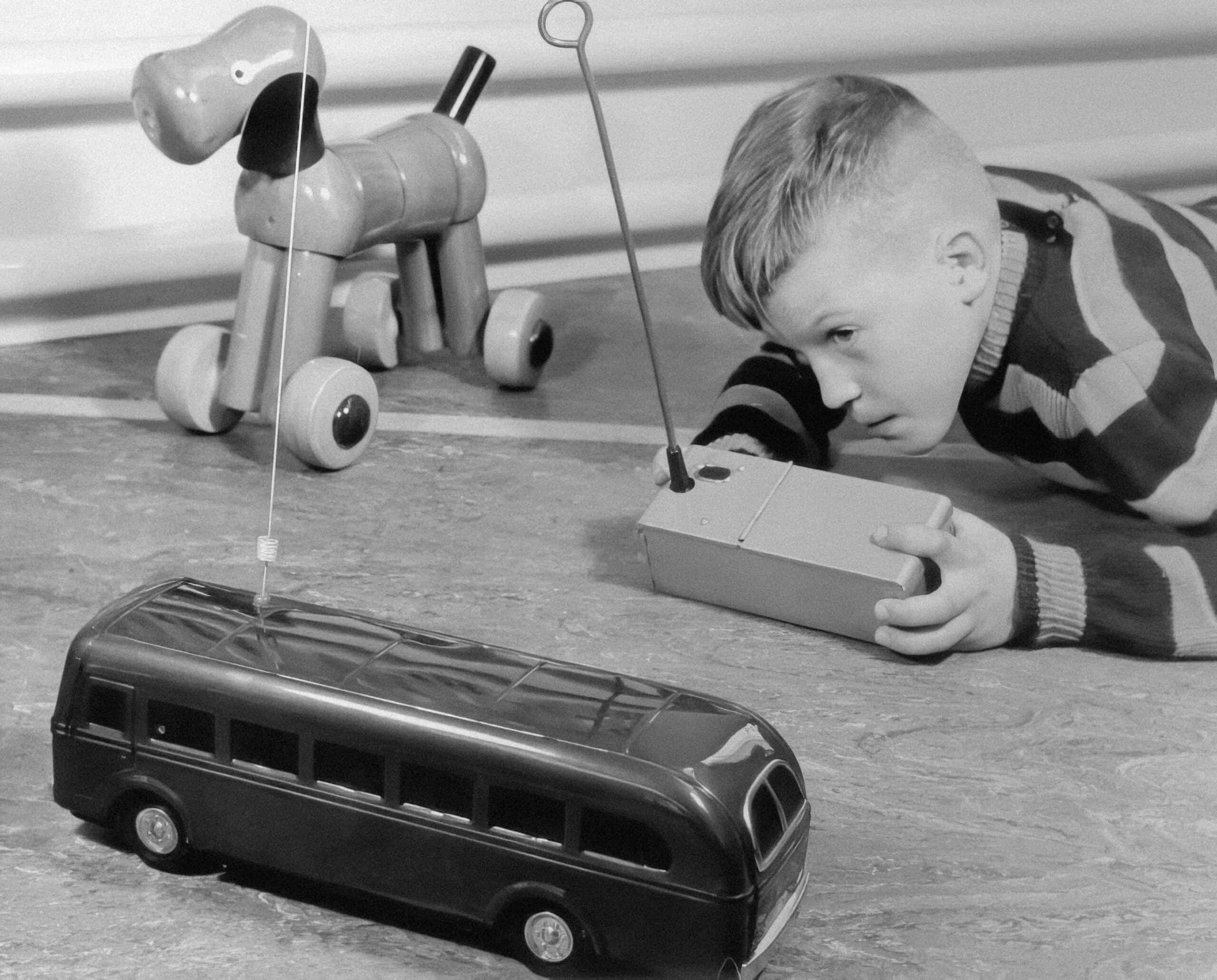
Witnessing a toddler’s raw emotions can unexpectedly transport caregivers back to their own formative years. A child’s laughter or meltdown often awakens dormant memories—both joyful and painful—that mirror the introspective process of therapy. These everyday moments can surface old wounds, offering opportunities for healing and self-awareness similar to those found in counseling sessions.
2. Immediate Feedback on Patience Limits

Toddlers have a knack for pushing boundaries—be it endless ‘why’ questions or outright defiance—serving as a living test of patience. These daily challenges force caregivers to confront and understand their own stress reactions, much like therapy exposes limits and coping mechanisms.
3. Forced Vulnerability

Toddlers have little regard for privacy—bursting into bathrooms or triggering public meltdowns—making it impossible to conceal true emotions. This relentless exposure forces caregivers to be vulnerable, echoing the openness required in therapy sessions. These moments reveal authentic feelings and weaknesses, creating space for genuine connection and growth.
4. Confronting Unresolved Issues
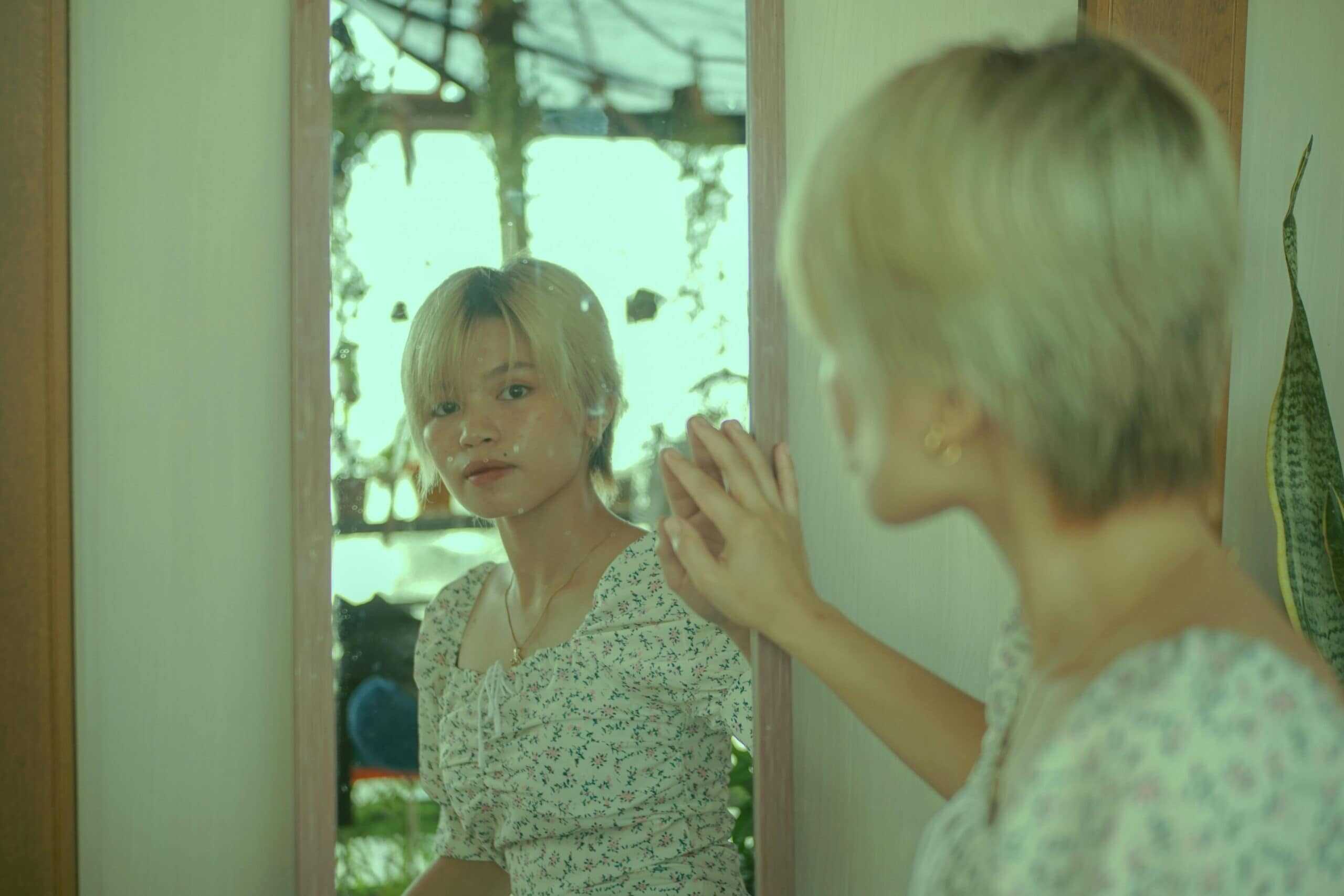
When a toddler’s stubborn refusal or defiant “no” sparks unexpected frustration, it often reveals deep-seated issues like control or anger in adults. This mirroring effect is reminiscent of therapy, where underlying patterns are brought to light and examined. Children’s behaviors frequently expose the emotional work caregivers still need to address and heal.
5. Learning the Art of Letting Go
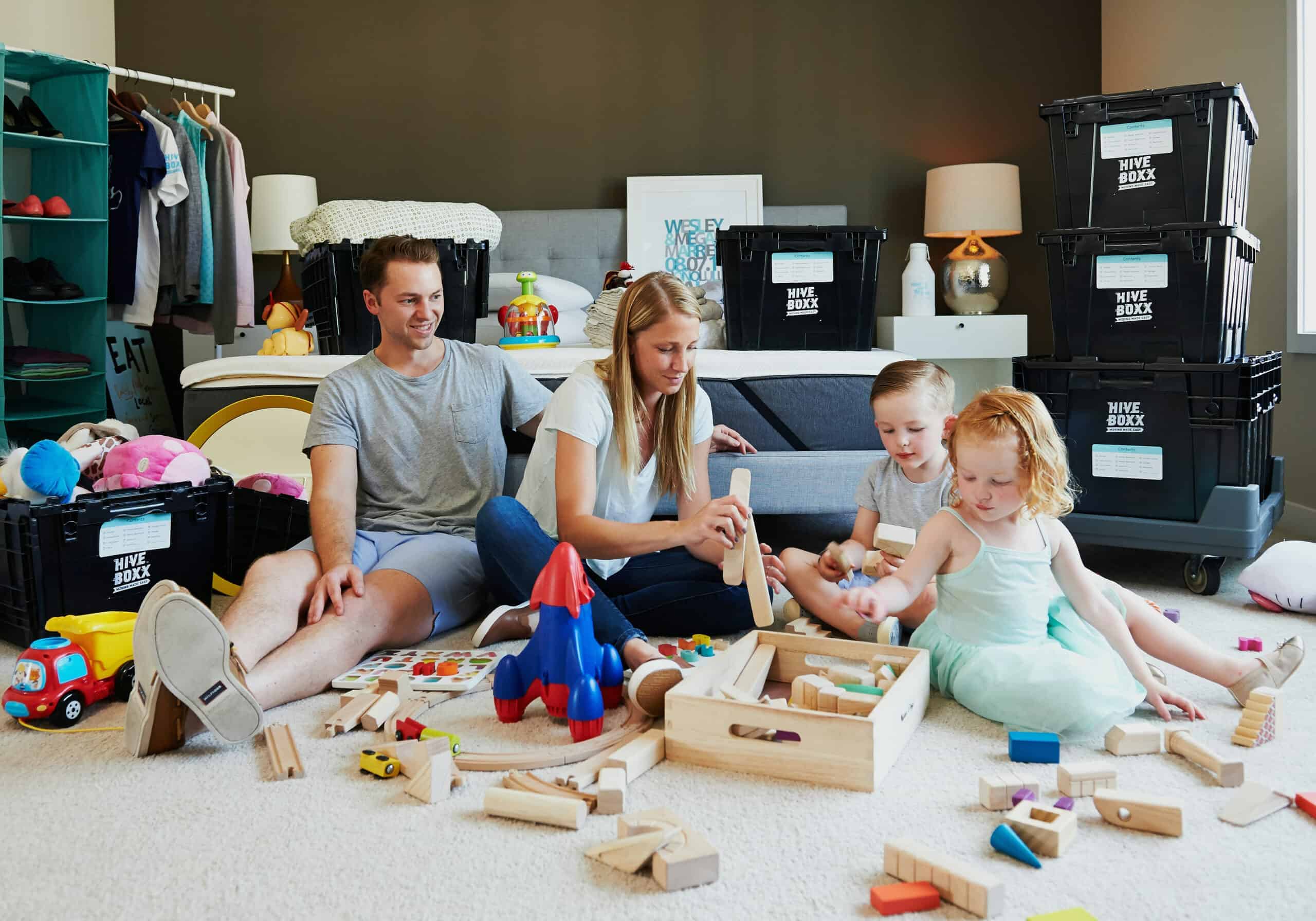
Meals become messes, nap schedules shift without warning, and expectations for order dissolve—toddlers make relinquishing control a daily necessity. This surrender mirrors therapeutic techniques that emphasize acceptance and flexibility. Embracing imperfection and unpredictability fosters resilience, helping caregivers grow both in parenting and in life.
6. Unfiltered Honesty

Toddlers rarely filter their observations, whether bluntly noting a new wrinkle or asking embarrassing questions in public. Their candid remarks force adults to confront truths they might otherwise avoid, echoing the radical honesty found in therapy. This unvarnished feedback can be humbling, hilarious, and unexpectedly therapeutic.
7. Emotional Rollercoaster Experience

Life with a toddler is a whirlwind of extremes—one minute filled with infectious giggles, the next with heart-wrenching sobs. Caregivers are pulled along for the ride, navigating rapid shifts in mood reminiscent of the emotional waves encountered in therapy. Stories shared on Today’s Parent capture how laughter can instantly dissolve into tears, making each day unpredictable and deeply felt.
8. Mastering Active Listening
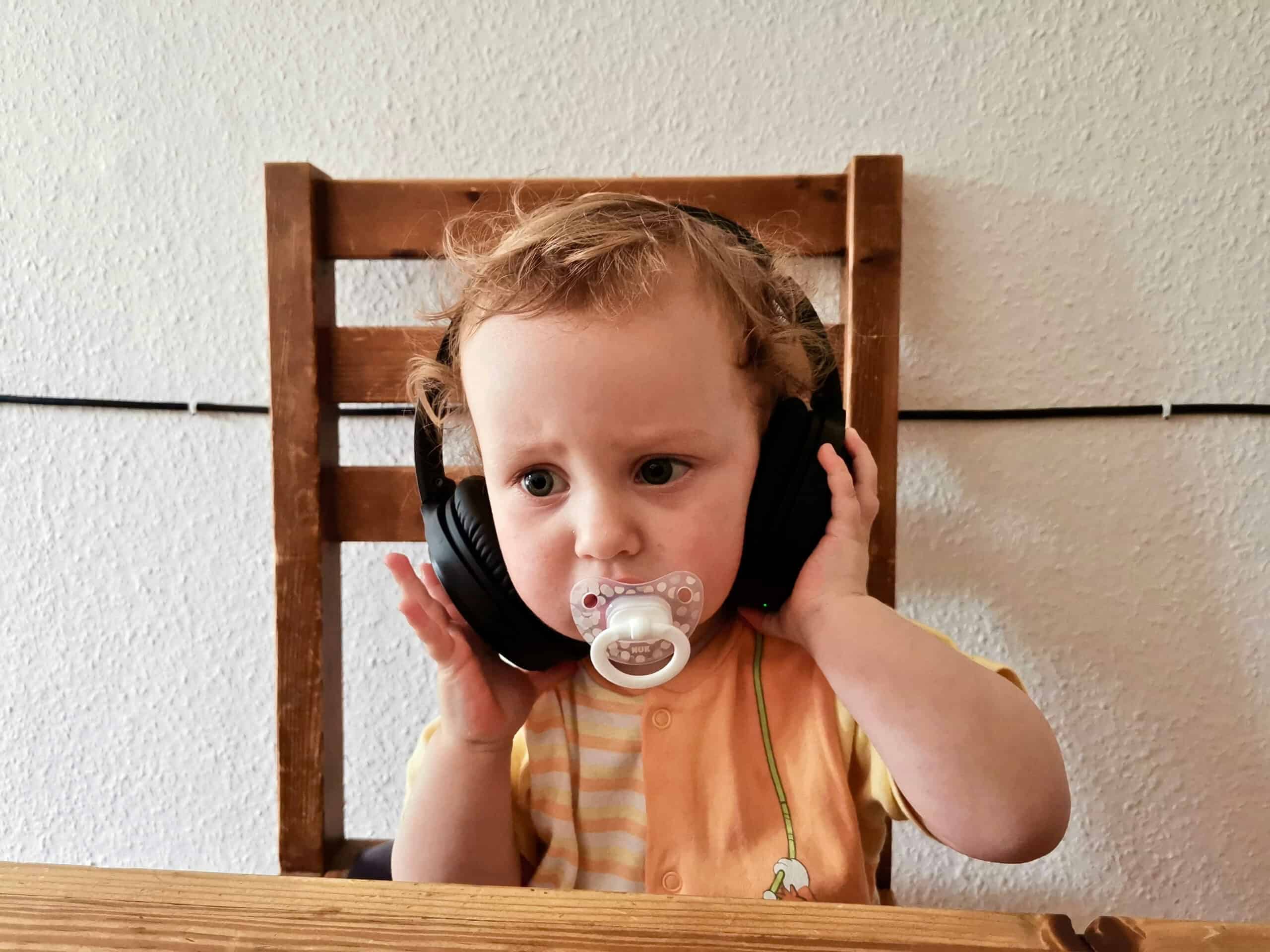
Decoding a toddler’s world means tuning in to fragmented sentences, expressive gestures, and repeated tales. This requires caregivers to practice true active listening—mirroring the core skills honed in therapy sessions. As ZERO TO THREE explains, giving full attention to these early communications builds trust and emotional connection.
9. Relearning Empathy

Toddlers experience heartbreak over spilled juice or a broken cracker, prompting caregivers to reconnect with the importance of empathy. Offering comfort for these “little” problems echoes therapy’s emphasis on validating all emotions, no matter their cause. As ZERO TO THREE highlights, nurturing empathy in these moments fosters emotional intelligence and stronger bonds.
10. Real-Time Conflict Resolution Training
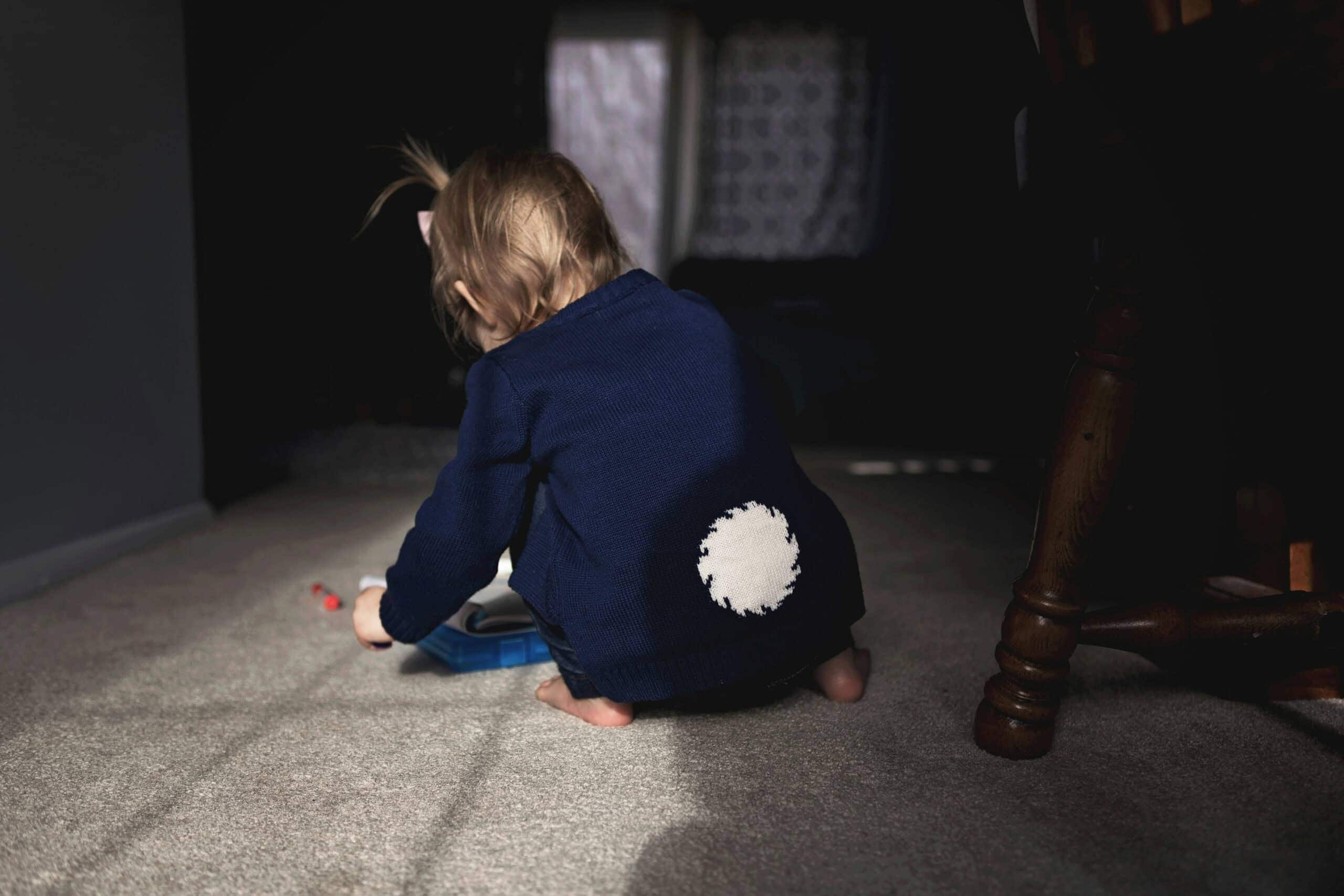
Daily squabbles over toys, snacks, or bedtime routines provide constant practice in negotiation and conflict resolution for caregivers. These real-time challenges demand patience, creativity, and quick decision-making—skills also honed in therapy settings. Navigating toddler disputes helps adults develop effective mediation strategies that benefit all relationships.
11. Rediscovering Joy in the Small Things

Watching toddlers marvel at bubbles, bugs, or rain puddles gently nudges adults to slow down and savor simple joys. This childlike wonder has a therapeutic effect, encouraging mindfulness and gratitude—key elements in many counseling approaches. Embracing these moments can foster emotional well-being and a renewed sense of appreciation.
Conclusion
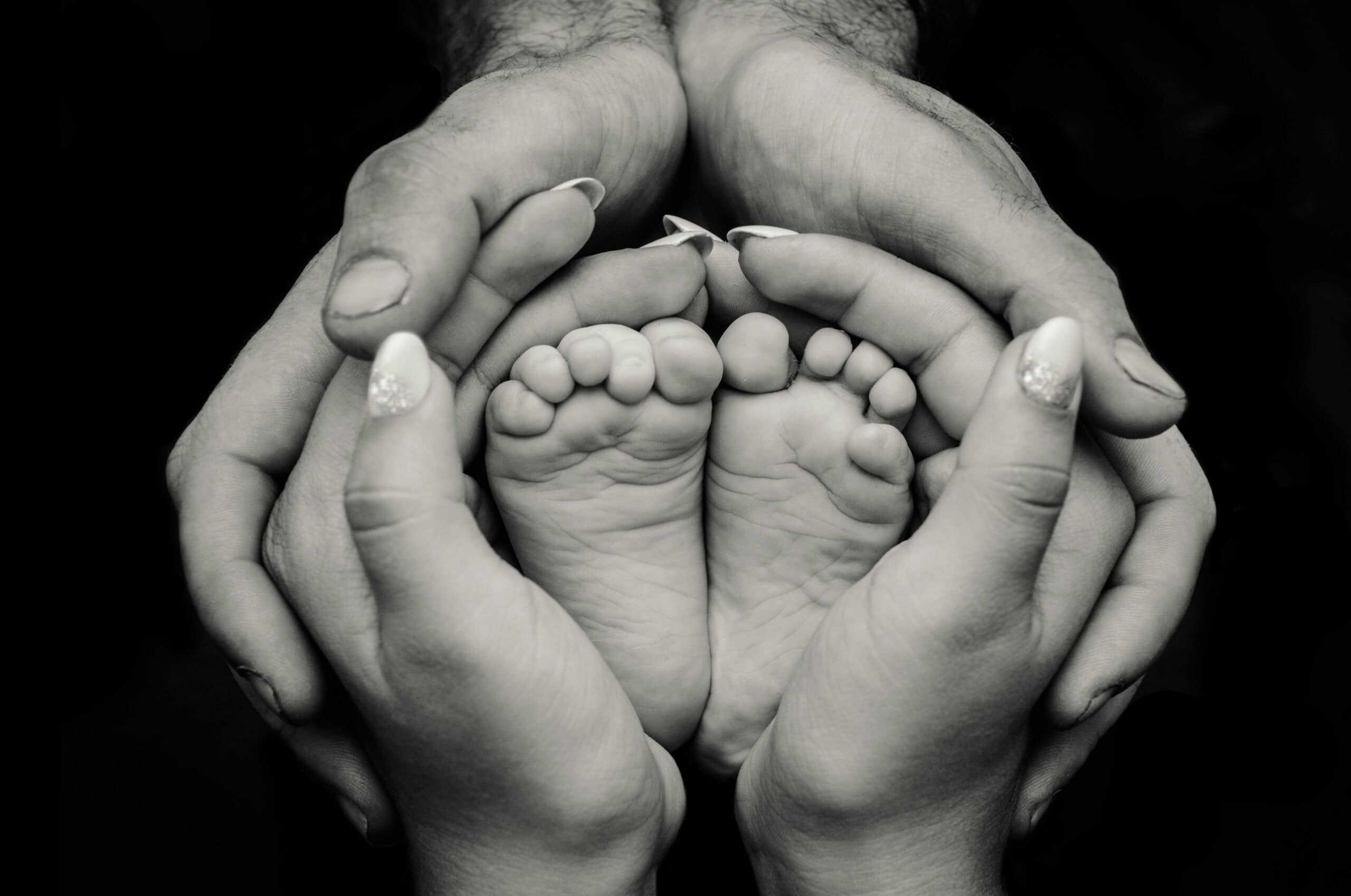
The toddler years, with all their chaos and unpredictability, offer a surprising path to personal growth and self-discovery. Each meltdown and milestone becomes a catalyst for healing, mirroring the transformative work of therapy. While demanding, this journey is also profoundly rewarding, deepening empathy, resilience, and connection. Embracing these challenges together creates lasting bonds and a richer understanding of ourselves.
.article-content-img img { width: 100% }




